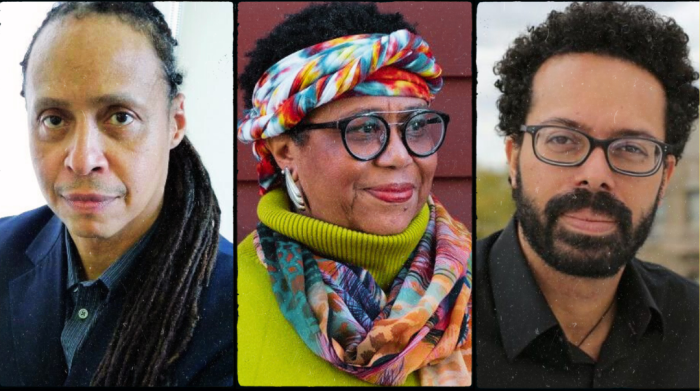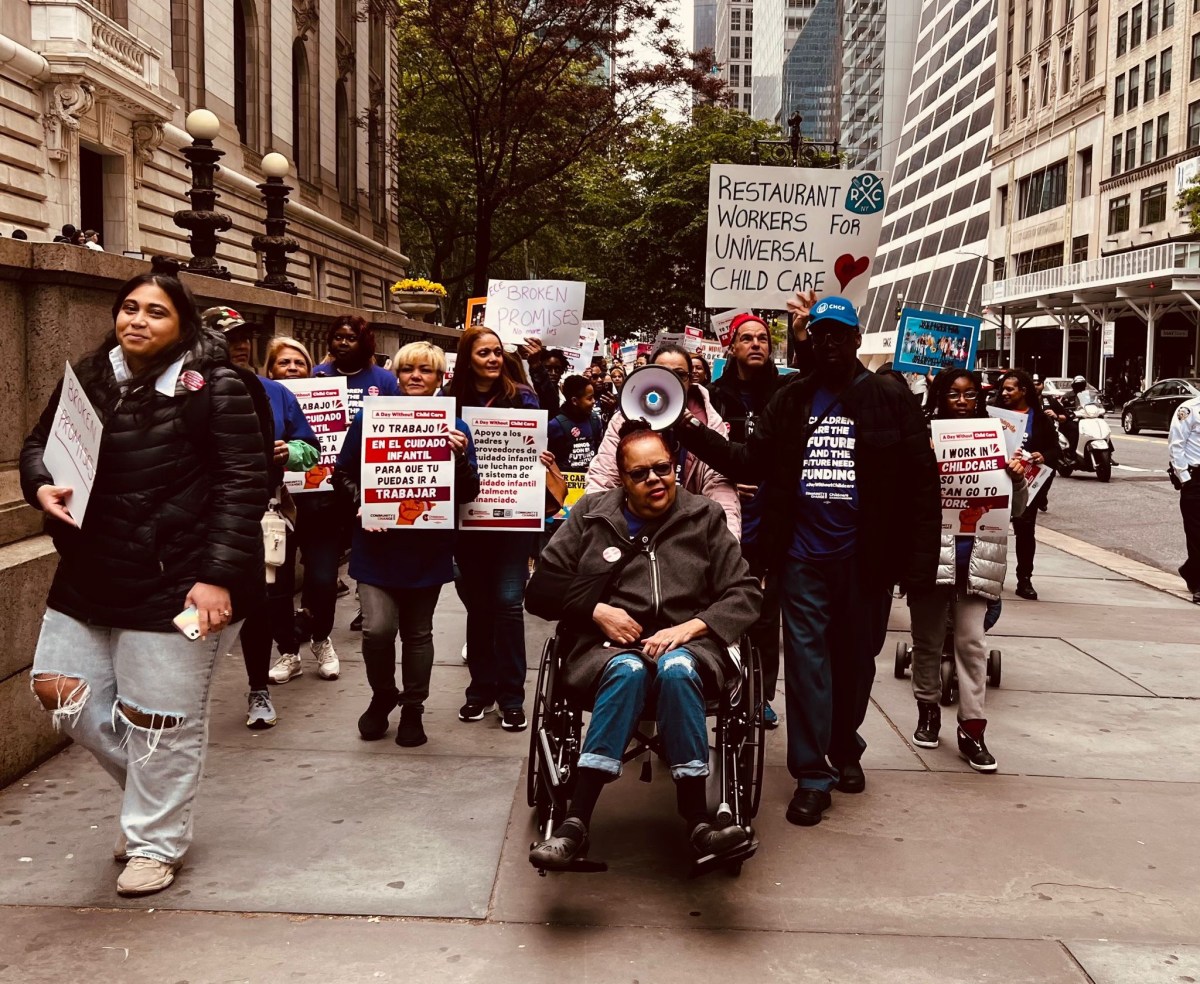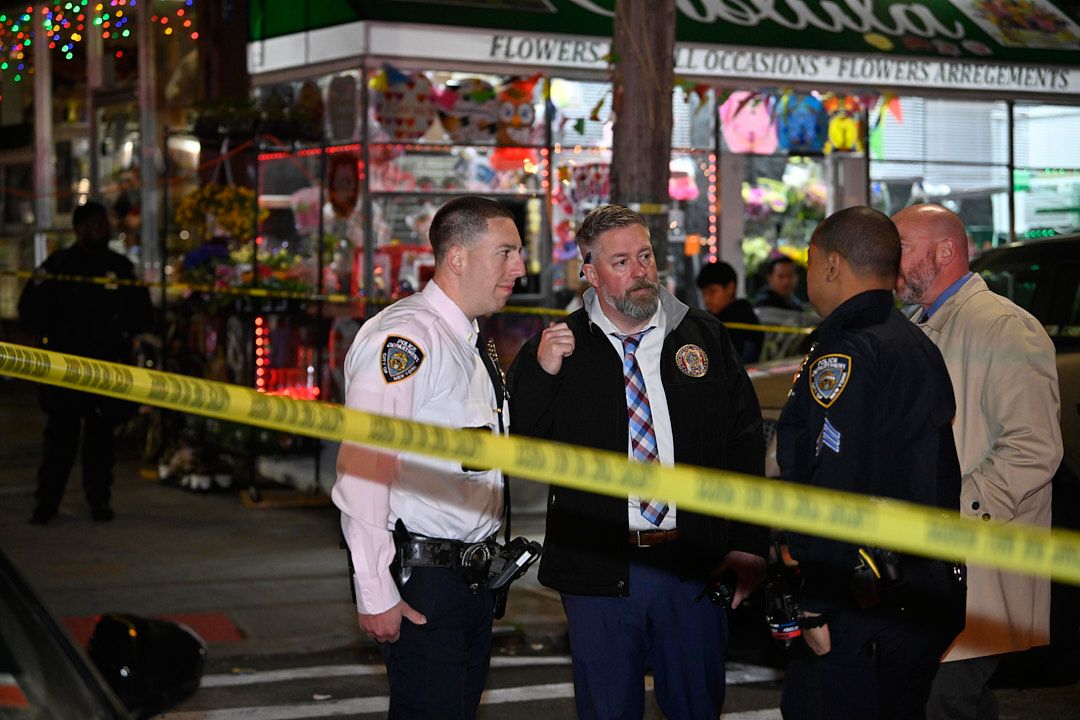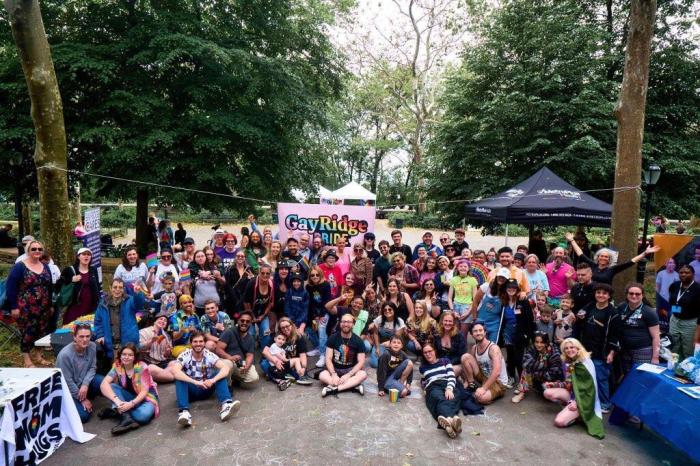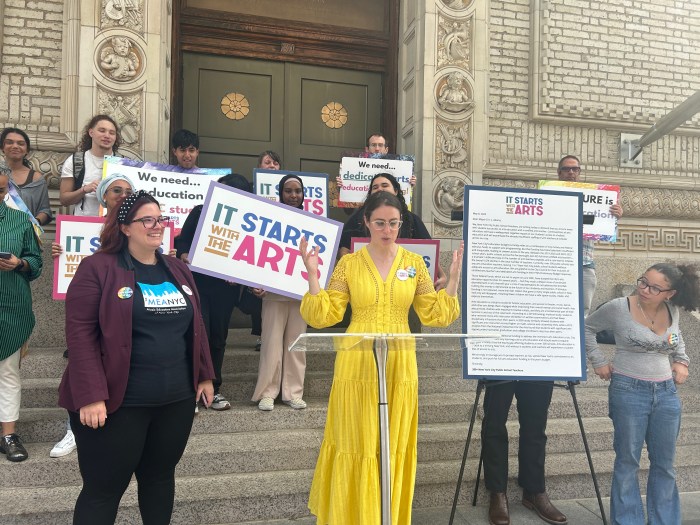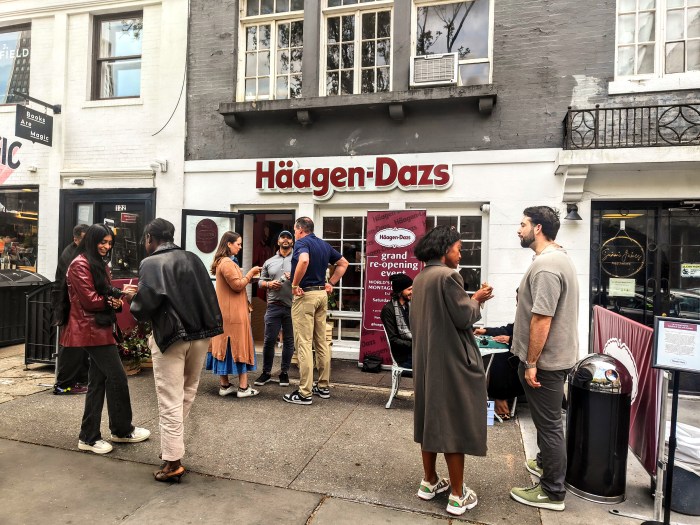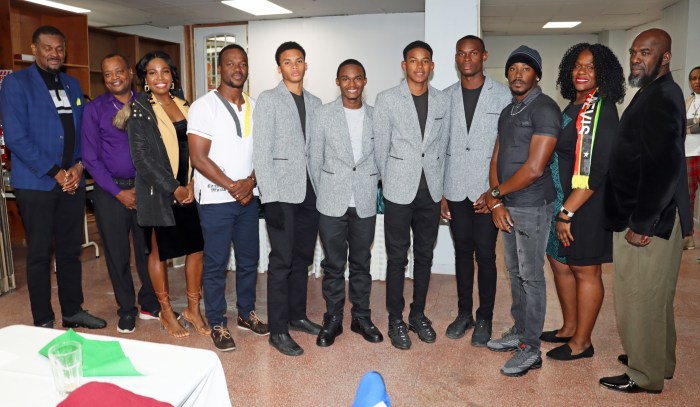Dean Haspiel can talk as much as a draws. Here are some of his insights into his work, career and, of course, Brooklyn.
On Brooklyn:
“In Brooklyn, you can actually take the time or be given the space to figure who you are and what you want to do. It’s not that it’s slowed down here, but you can go to someone’s back yard. That’s nearly impossible in Manhattan, and if you can in Manhattan, you’re only thinking about, ‘I wonder how much they pay rent here.’ … People come to the great, big New York City, the Big Apple, but really it’s Brooklyn where people come to own themselves. You get tagged a New Yorker when you’re born there. That’s what it says on the birth certificate. But I feel like you become a New Yorker when you come to Brooklyn.”
On the Brooklyn comics scene:
“Wil Eisner, Jack Kirby, and the comics godfathers who broke their cherries in Brooklyn would be proud to see the industry thriving and expanding where water towers and fire escapes still exist and the streets are encoded with the blood and secrets of human trial and error, challenging our pencils, inks, and digital tools to cull and mull the universal truths.”
On his place:
“This fulcrum or matrix or whatever I am, I’m not that guy. I’m part of an exponentially expanding group. Maybe because I’m gregarious, it fools people into thinking I’m some kind of leader, but I’m not. Not at all. I’m struggling just like everyone else. I have just as many bad ideas as the next person.”
On his workspace at Deep6 Studios:
“This is all you need. Just this space. I don’t understand people. If I was rich, would I spend money on a couch and a swing? … I got used to this amount of space. What is it, six feet by eight feet?”
On his web comic, “Street Code”:
“I’m trying to make you feel as alienated as the protagonist — as alienated as I felt when I moved from Manhattan to Brooklyn. I thought I knew everything there is to know about New York City. Little did I know. I’m 30-years-old, I’m moving to Brooklyn. I feel like I’m old enough to know everything. And now I’m being hazed by neighborhoods and cultures that have been steeping there for 100 years or so. I felt like I was in a Sergio Leone movie. I felt like this was the Wild West. Also, I felt like I was moving to the country. I heard quiet for the first time and it was loud.”
On his autobiographical work:
“If you know me at all, you know I’ve written about stuff that has happened to me, you know that there’s the slightest possibility that you might show up. … I believe there are at least two versions to every story that involves two people. And there’s three versions for three people and so forth. Your truth is truth. Your version of what happened today is what happened to you today. My version of what happened today is what happened today. I happen to have the tools to express them. I’m not saying you don’t, but a lot of people don’t go off and make a comic book about what happened. The don’t write a film, the don’t write a novel, they don’t write a song. There are all these media we use to tell these stories. The slightest possibilities are there. What can I do? I can’t shy away from it. I can try to be sensitive.”



